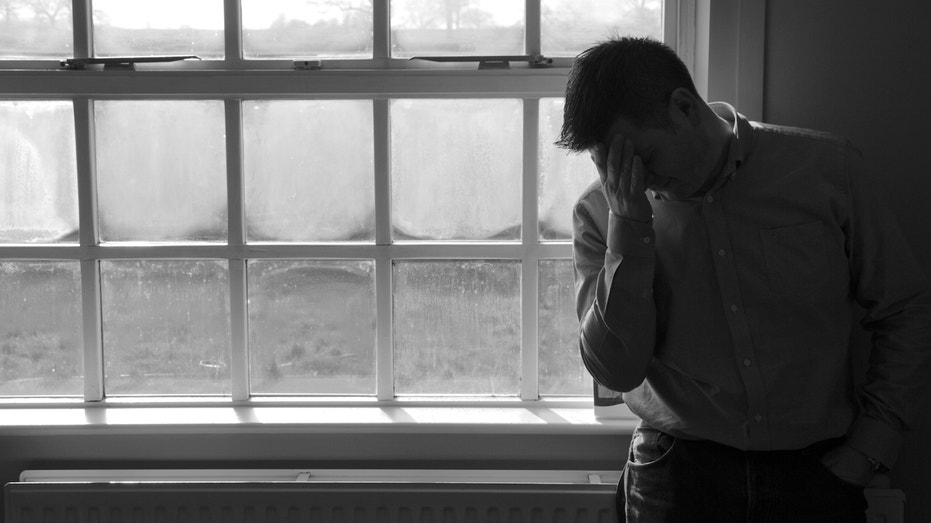5 ways your political point of view may be damaging your mental health
Recent studies confirm what many clinicians, myself included, have quietly observed for years: Liberals especially young liberals are reporting worse mental health than their conservative peers. Statistician Nate Silvers Substack recently spotlighted this disparity, and while many factors are at play, one explanation remains oddly absent from the national conversation: the psychological cost of cutting people off over politics.In my work as a clinical psychologist, Ive watched this pattern unfold in real time. Some clients describe rising anxiety, loneliness and a growing sense of disconnection but they dont initially trace it back to politics. Only after reflection do they realize: theyve quietly (or, in some cases quite loudly and proudly) distanced themselves from family, ended friendships, or withdrawn from romantic prospects not because of mistreatment, but because of political disagreement.As I was researching for my upcoming book Can I Say That? Why Free Speech Matters and How to Use It Fearlessly, I noticed a striking pattern what I now call "The Five Ds": defriending, declining to date, disinviting, decreasing contact and outright dropping someone over political views. These behaviors are often framed as moral stands. But when practiced habitually, they can degrade the very relationships we rely on for emotional well-being. Research backs this up liberals are statistically more likely than conservatives to engage in the Five Ds over political differences.FORMER OBAMA SPEECHWRITER ADMITS SHUNNING CONSERVATIVE IN HIS FAMILY WAS A MISTAKEThe cost is real. The U.S. surgeon general has declared loneliness a public health crisis, linking it to depression, anxiety and even physical health problems. Social support is a powerful protective factor it helps regulate emotions, buffer stress and reinforce a persons sense of meaning and connection. As social creatures, humans rely on relationships to regulate stress. When those bonds are cut over politics especially through the habitual use of the Five Ds liberals may be isolating themselves in ways that make them more vulnerable to loneliness, anxiety and diminished emotional regulation.Some do this in the name of safety, seeing opposing views as threatening. But this is a dangerous shift. Conflating disagreement with danger undermines mental health and shrinks our capacity for dialogue. Even The New York Times recently published an essay titled "Is It Time to Stop Snubbing Your Right-Wing Family?" in which former Obama speechwriter David Litt wrestles with whether to stay in contact with his conservative brother-in-law. To his credit, Litt expresses openness to reconnecting. But his tone is hesitant, not declarative. DANGEROUS OR AN OPPORTUNITY? SOCIAL MEDIA AS VENUE FOR DISCUSSING POLITICS DEBATED BY YOUNG CONSERVATIVESThe piece reads less like someone awakening to the dangers of ideological cutoffs and more like someone reluctantly conceding a grudge. That this question whether to maintain ties with family was posed at all in a national newspaper shows how far the goalposts have shifted. Ostracizing loved ones over votes once seemed extreme. Now its mainstream content.CLICK HERE FOR MORE FOX NEWS OPINIONThis mindset of seeing opposing views as intolerable, or even threatening, isnt just common its increasingly celebrated, even when it harms us. The phrase "words are violence" may feel righteous, but taken literally, it breeds anxiety and isolation. When we view differing viewpoints as threats, we push people away not because we must, but because weve convinced ourselves we should. The result? Were lonelier and more brittle than ever.None of this is to say that all relationships must be preserved. Boundaries are important. But ideological purging done habitually and reflexively is something different. It's corrosive. Ironically, conservatives often caricatured as emotionally rigid may be faring better precisely because they are less likely to sever ties over politics. Their emotional well-being may benefit from tolerating disagreement and maintaining bonds across divides.THE SOLUTION TO OUR POLITICAL DIVIDE IS WITHIN EACH OF USAs a psychologist, I dont believe political ideology is destiny. But relational habits shape mental health. When we cut off those closest to us, even over serious disagreement, we deprive ourselves of a key buffer against emotional distress. Whats worse, we often do so under the illusion that the cutoff is virtuous.The solution is not to avoid politics. Its to resist the reflex to cut and run. That begins with a simple mindset shift: disagreement isnt danger, and tension doesnt always mean toxicity. We can learn to talk through our differences even when its hard.Mental health and free speech are more connected than people realize. If we want to feel less anxious, less isolated and more connected, we need to rethink the social costs of ideological purity. The Five Ds may feel righteous in the moment but the long-term cost to our mental health may be far too high.




